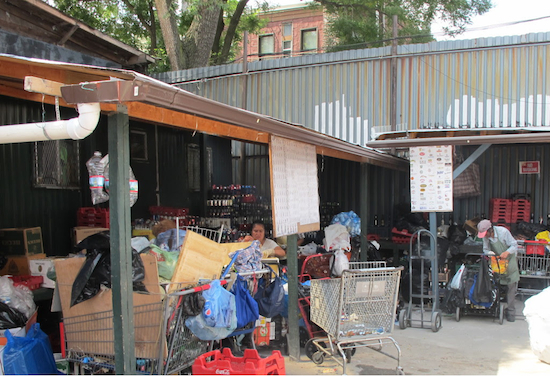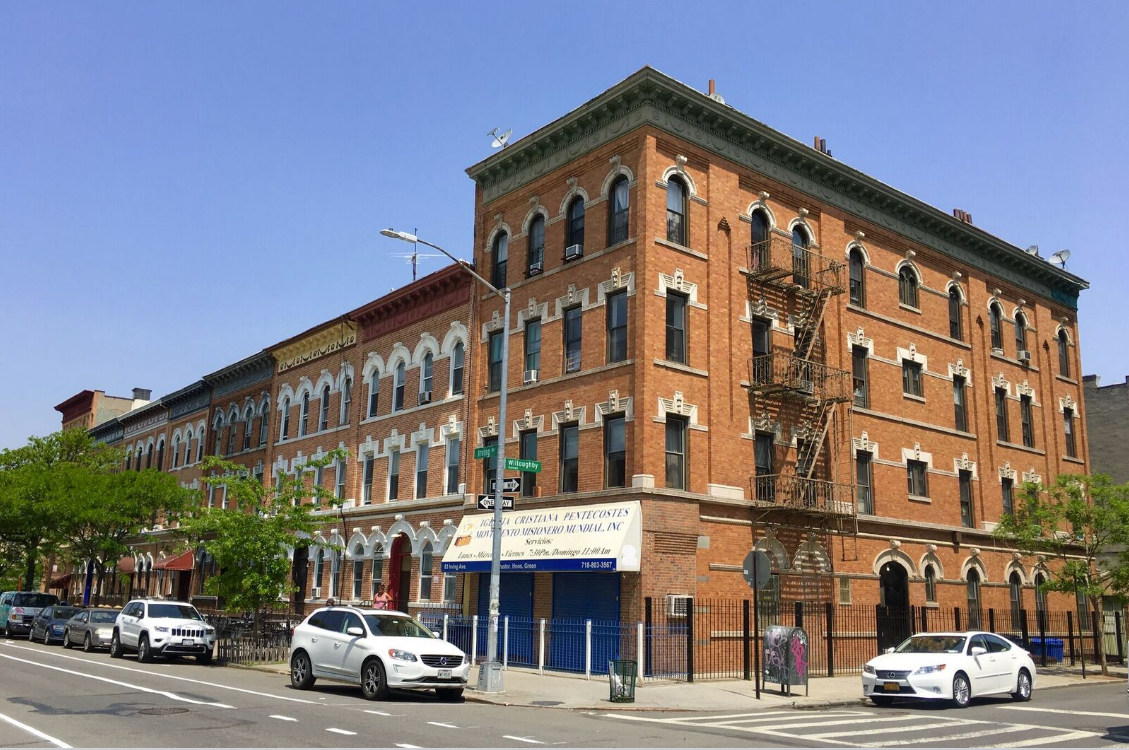Bushwick canning collective needs $3.9 million to stay put

A collective of canners — those who fish out glass and metal from garbage cans and recycling bins — have been asked by their landlord to purchase the Bushwick property upon which they operate if they want to stay in place. Even though the L train tracks run directly below, forestalling most high-rise construction, the asking price is still a steep $3.9 million, leaving the group’s fate unclear.
“Our landlord is good to us, but I struggle just to pay the $4,100 in rent,” says Ana Martinez de Luco, who runs the Sure We Can collective, the only licensed non-profit entity of its kind in New York City. The company was created seven years ago as a 501(c)(3) by Eugene Gadsden, a former canner turned community activist, and De Luco, a Roman Catholic nun, along with the help of some philanthropic residents and UN contacts.
Operating at its Bushwick location for the last three and a half years, it provides guaranteed fixed payouts for the cans brought on site, along with additional amounts for those who sort and stack their inventory.
